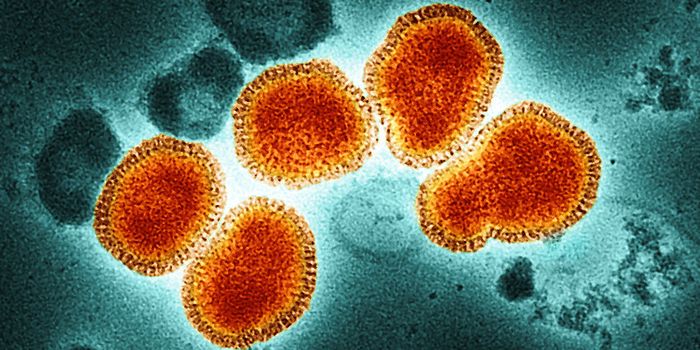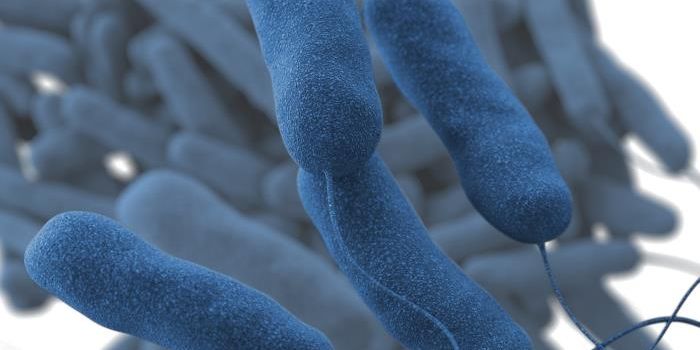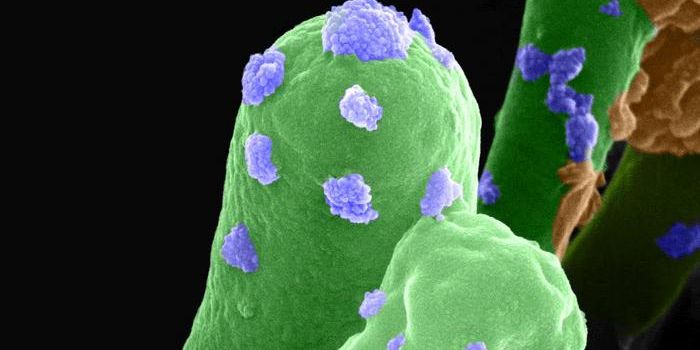Can Chewing Gum Diagnose or Prevent Viral Illness?
Influenza is a very contagious virus that can spread easily; one way to prevent the spread of illness is to stay home and away from other people while we are ill with the flu. But people don’t always get tested for the flu, and even when they do, they can be contagious before symptoms arise.
In an effort to address these issues, scientists have developed a new kind of flu test that releases a molecule that can be tasted; this molecule is called thymol, and it is naturally found in the spice thyme.
The investigators created a synthetic version of a viral enzyme (a neuraminidase substrate) and linked it to thymol. This enzyme helps the virus enter cells. The idea behind the test is that when this synthetic enzyme is in the mouth of someone infected with the flu, the viral particles trigger the release of the thymol molecules, which can be detected as a flavor.
The scientists tested their creation by combining saliva samples from flu patients with this novel sensor. They determined that thymol was released within half an hour.
The team is planning to conduct clinical trials in around two years, and confirm that the gum works to diagnose the flu in people before they show symptoms, and in those with symptoms. According to Dr. Kanbaragha, a general dentist in Arlington VA, chewing gum can be a useful oral habit, but “patients should understand that antiviral gums are still experimental and shouldn’t replace proven preventive care like hand hygiene, vaccination, and routine dental visits.”
Earlier this year, a different team of researchers created a chewing gum that contains an antiviral protein called FRIL. They showed that this gum can neutralize two types of herpes simplex viruses (HSV-1 and HSV-2) as well as two strains of influenza A (H1N1 and H3N2). The study, which was reported in Molecular Therapy, showed that 40 milligrams of a gum tablet could lower viral loads by at least 95%.
This research built on previous work by that team, in which an antiviral chewing gum was able to lower the levels of SARS-CoV-2 in saliva samples from COVID-19 patients.
“Controlling transmission of viruses continues to be major global challenge. A broad spectrum antiviral protein (FRIL) present in a natural food product (bean powder) to neutralize not only human flu viruses but also avian flu is a timely innovation to prevent their infection and transmission,” said Henry Daniell, a Professor at the University of Pennsylvania (U Penn).
Sources: U Penn, Molecular Therapy, American Chemical Society, ACS Central Science









